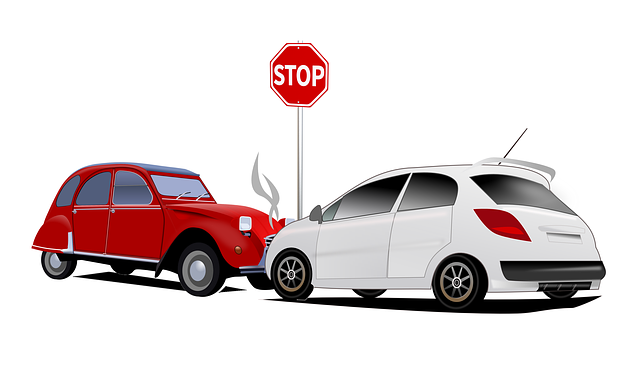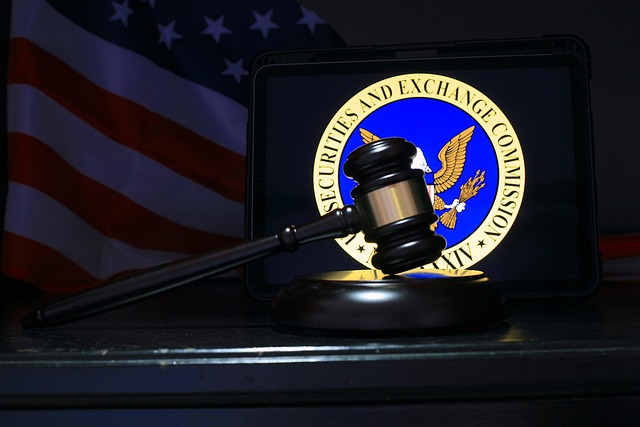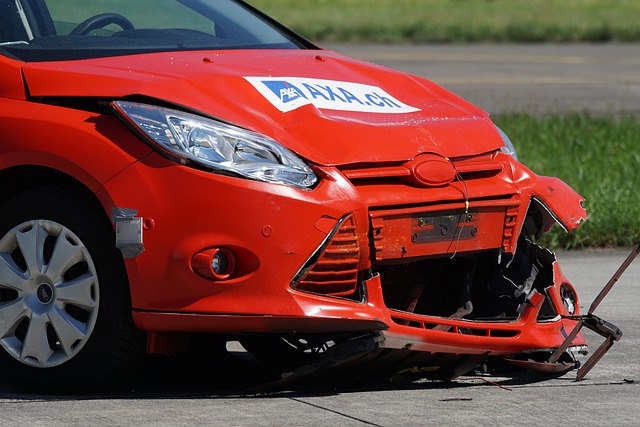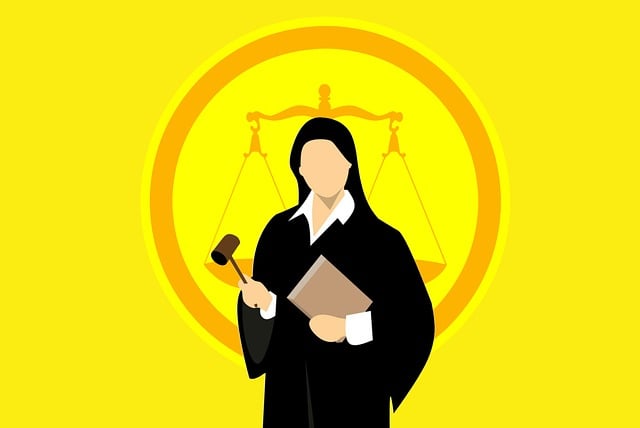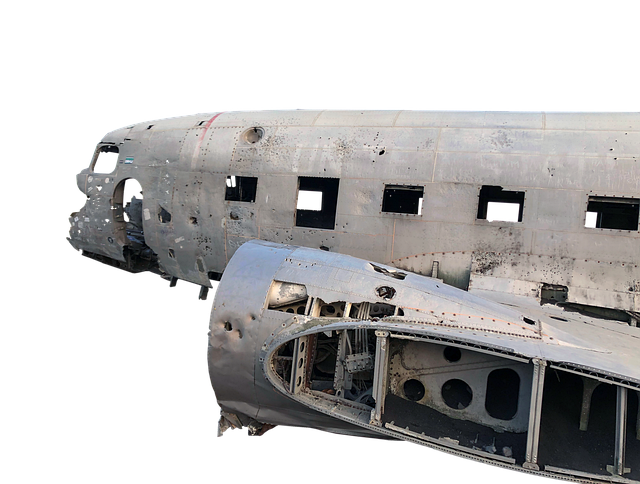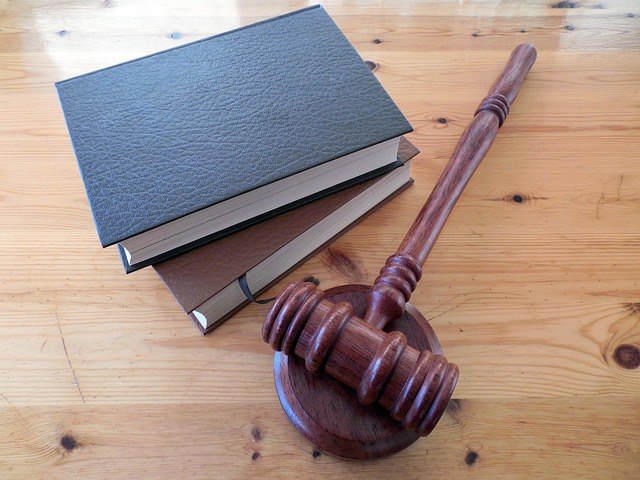Apartment slip and fall accidents involve complex liability determination based on various factors like hazard maintenance, tenant caution, and specific circumstances. Landlords and property managers have a legal duty to ensure safe premises, while tenants must exercise reasonable care. Negligence proof demands thorough investigation, legal expertise, and specialized knowledge, especially in cases involving elderly or disabled residents. Engaging experienced attorneys can significantly enhance outcomes for victims seeking compensation for medical expenses, pain, and suffering.
Apartment slip and fall accidents are more common than you think, causing serious injuries and significant financial strain. Understanding who’s responsible is crucial for victims seeking justice and compensation. This article breaks down the complexities of apartment slip and fall liability, guiding you through key aspects like duty of care, negligence proof, and legal rights. Learn how to navigate this intricate landscape and know your options in pursuing claims for your injuries.
- Understanding Apartment Slip and Fall Liability
- Who Owed You a Duty of Care?
- Proving Negligence in Residential Falls
Understanding Apartment Slip and Fall Liability
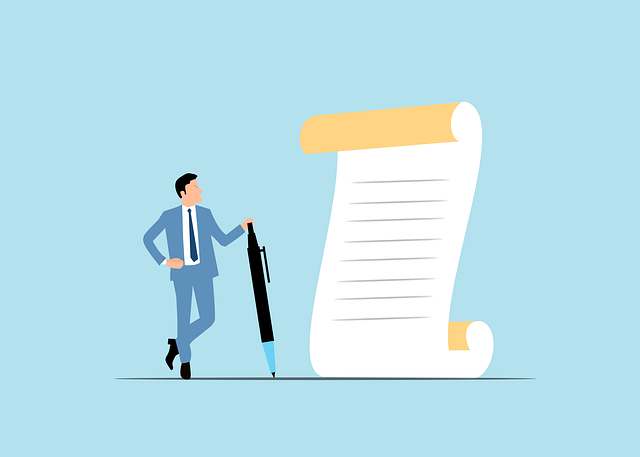
In the context of apartment slip and fall accidents, understanding liability is a complex matter that varies depending on several factors. Generally, determining responsibility lies with the property owner or management team, as they are tasked with maintaining safe living conditions for tenants. This includes regular inspections to identify and rectify potential hazards, such as slippery floors or uneven walkways, before they cause harm. Tenants also bear some responsibility; they must exercise reasonable care by being mindful of their surroundings and avoiding actions that contribute to their fall, like rushing or carrying heavy objects while walking.
Moreover, the specific circumstances surrounding the accident play a crucial role in assigning liability. If an apartment complex is negligent in maintaining their premises and this negligence directly leads to a resident’s slip and fall injury, they can be held accountable. Conversely, if the tenant was solely at fault due to carelessness or recklessness, legal recourse may be limited. In cases involving elderly residents or those with disabilities, there’s a heightened focus on potential elder abuse or neglect, which can further complicate liability determinations. A thorough understanding of these dynamics is essential for both parties to navigate potential legal outcomes and ensure client recovery.
Who Owed You a Duty of Care?

In the context of apartment slip and fall accidents, understanding who owed you a duty of care is crucial. Generally, landlords, property managers, and sometimes even tenants, have a legal obligation to ensure the safety of those on their premises. This duty involves maintaining the property in a secure condition, addressing known hazards promptly, and warning visitors or residents about potential risks.
When it comes to apartment slip and fall cases, an accident attorney can help you determine liability. They will assess the circumstances surrounding the incident, review relevant laws and regulations, and evaluate if negligence on the part of any party involved contributed to your injuries. Proper legal representation can navigate real estate disputes and ensure you receive the compensation you deserve for medical expenses, pain, and suffering caused by the accident.
Proving Negligence in Residential Falls

When it comes to apartment slip and fall accidents, proving negligence is a complex task that requires careful investigation and legal expertise. In many cases, tenants or visitors may sustain injuries due to unsafe conditions within the apartment complex, such as wet floors, broken handrails, or poorly maintained staircases. To establish liability, victims must demonstrate that the property owner or management company had actual or constructive knowledge of the hazard and failed to take reasonable steps to address it.
Legal representation from an experienced business litigation attorney can be invaluable in these situations. Elder law specialists are particularly adept at navigating the complexities of residential fall cases, especially when dealing with vulnerable individuals who may require assistance with daily tasks. By examining evidence, gathering witness statements, and reviewing maintenance records, a skilled lawyer can help uncover negligence and secure appropriate legal representation for those affected by apartment slip and fall accidents.
In conclusion, when it comes to apartment slip and fall accidents, understanding liability is key. Property owners and managers have a duty of care to ensure safe living conditions, but proving negligence can be complex. By thoroughly reviewing the facts, identifying relevant parties, and gathering evidence, residents affected by such incidents can determine their legal options. Navigating the responsibilities outlined in this article will empower folks to take action and seek justice for apartment slip and fall injuries.
